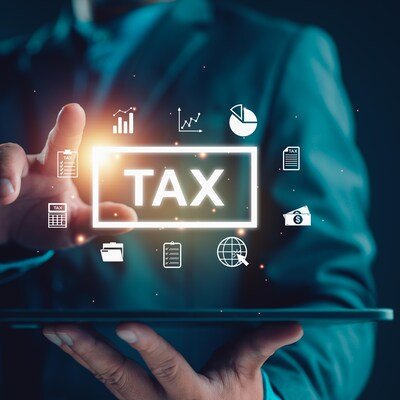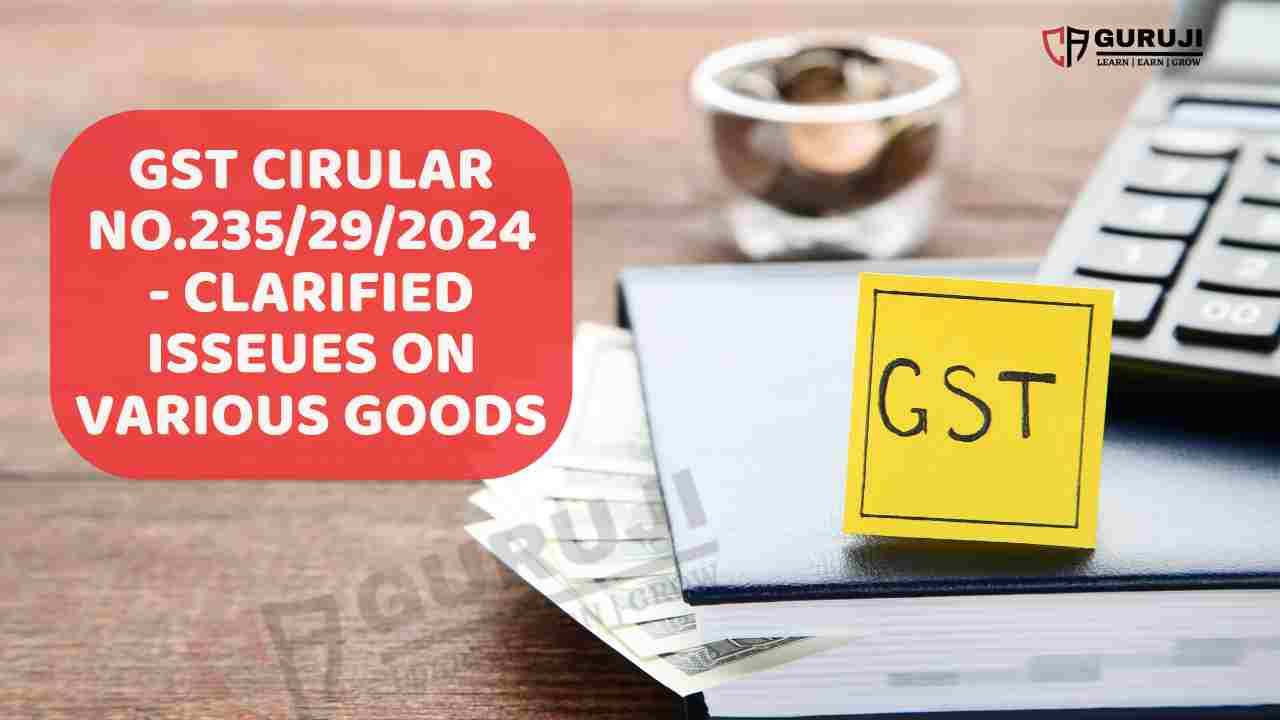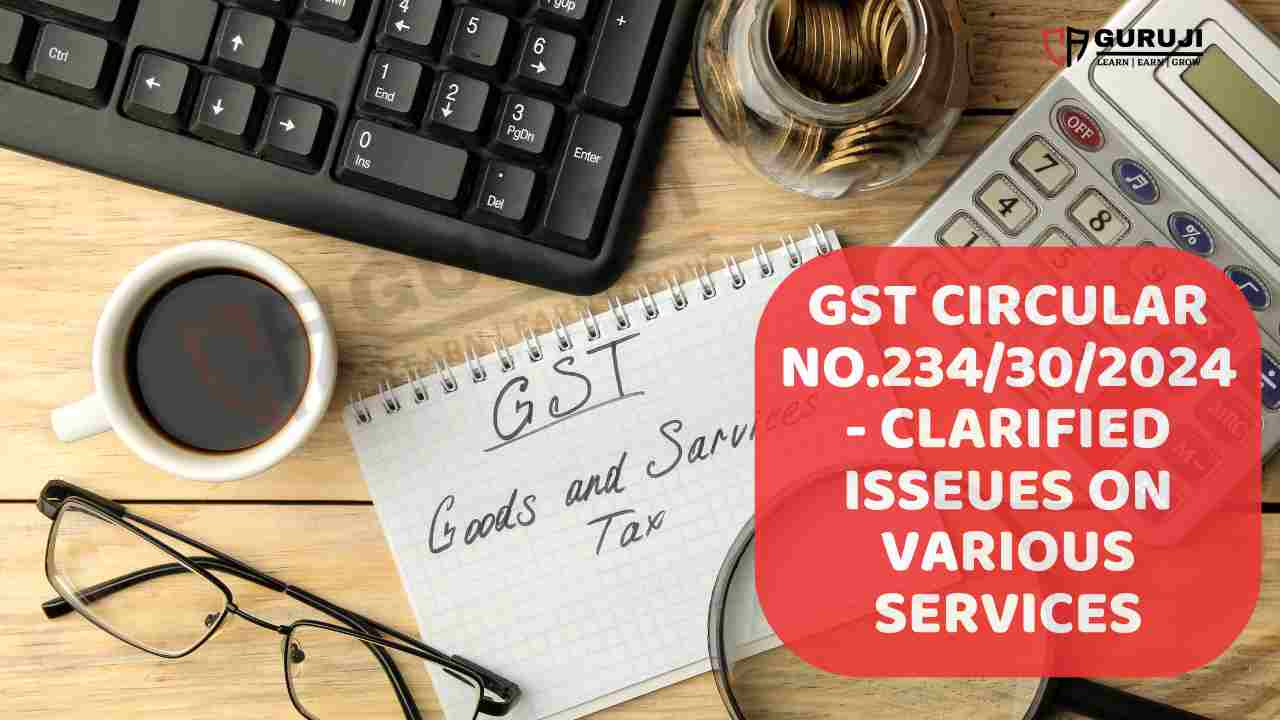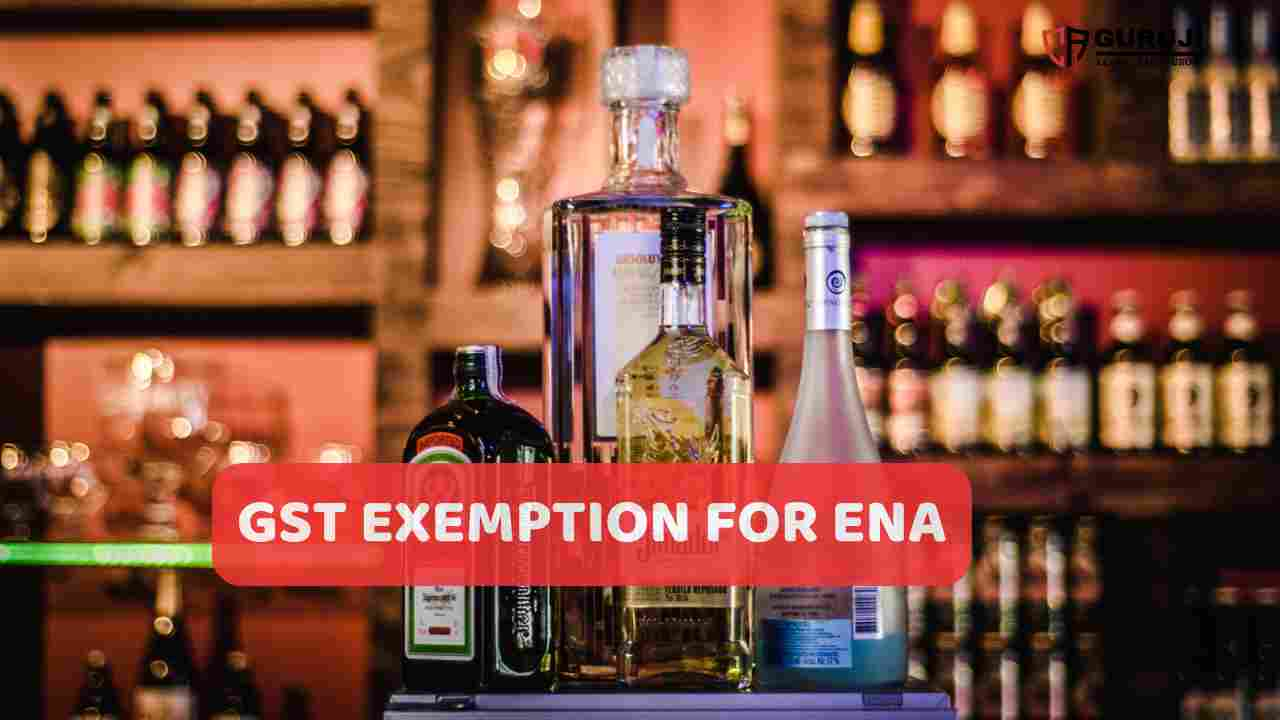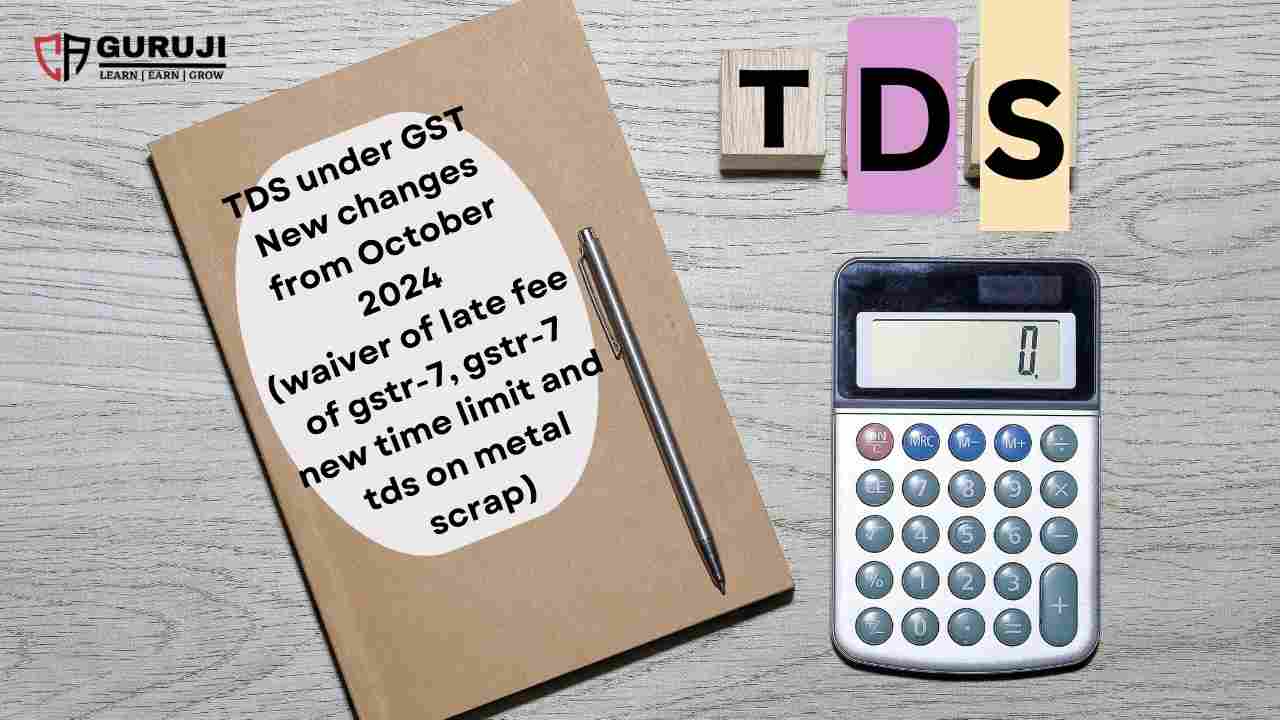The Ministry of Home Affairs, via Notification S.O. 850(E), has officially replaced the Indian Penal Code (IPC) with the Bharatiya Nyaya Sanhita, 2023 (45 of 2023). This new legal framework will come into force on July 1, 2024, and will govern the legal provisions previously covered by the IPC. As part of this transition, various sections of the IPC will now be substituted by the corresponding sections of the Bharatiya Nyaya Sanhita, impacting multiple areas of law, including tax regulations.
Key Amendments in GST Rules
The Central Board of Indirect Taxes and Customs (CBIC) has implemented changes to align with this new legal framework. As per Notification No. 20/2024 – Central Tax dated October 08, 2024, certain sections of the IPC have been substituted with sections from the Bharatiya Nyaya Sanhita in FORM GST INS-01. These amendments are as follows:
| Before (IPC Sections) | After (Bharatiya Nyaya Sanhita Sections) |
|---|---|
| Section 179, 181, 191, 418 of the IPC | Section 214, 216, 227, and sub-section (3) of Section 318 of Bharatiya Nyaya Sanhita, 2023 |
Detailed Substitution in FORM GST INS-01
In the FORM GST INS-01, the following substitution has been made:
- Before: The relevant sections were section 179, 181, 191, and 418 of the Indian Penal Code.
- After: These have been replaced by section 214, 216, 227, and sub-section (3) of section 318 of the Bharatiya Nyaya Sanhita, 2023.
Understanding the Transition in Legal Framework
The changes are focused on ensuring that all references to the IPC in the GST-related forms are updated to reflect the new Bharatiya Nyaya Sanhita. This ensures consistency and compliance with the updated legal framework, without altering the fundamental legal implications of the penalties.
Implications for Businesses and Compliance
- Continuity of Legal Provisions: The substitution of sections from the IPC to the Bharatiya Nyaya Sanhita does not change the nature of the offenses or penalties. The offenses related to misleading information, tampering with evidence, refusal to answer questions during search operations, false statements, and providing false evidence remain punishable under the Bharatiya Nyaya Sanhita.
- Updated Legal References: All legal forms and documents in the GST system, including FORM GST INS-01, now reflect the updated sections of the Bharatiya Nyaya Sanhita. This ensures that legal compliance and enforcement are in line with the new code.
- Penalty Framework: While the sections have been updated, the penalty framework—imprisonment and/or fine—remains in place for those found guilty of offenses under the Act as referenced in the new Bharatiya Nyaya Sanhita.
Summary Table of Changes
| Action/Offense | Old IPC Reference | New Bharatiya Nyaya Sanhita Reference |
|---|---|---|
| Misleading or false information | Section 179, 181, 191, 418 | Section 214, 216, 227, and sub-section (3) of 318 |
| Tampering with evidence during inspection | Section 179, 181, 191, 418 | Section 214, 216, 227, and sub-section (3) of 318 |
| Refusal to answer relevant questions in search | Section 179, 181, 191, 418 | Section 214, 216, 227, and sub-section (3) of 318 |
| Providing false evidence | Section 179, 181, 191, 418 | Section 214, 216, 227, and sub-section (3) of 318 |
Comments and Legal Observations
The amendments in FORM GST INS-01 reflect the broader transition from the Indian Penal Code to the Bharatiya Nyaya Sanhita. This move is crucial in ensuring that all legal and administrative processes are aligned with the latest laws, reducing potential confusion and maintaining legal consistency. Businesses must take note of these updates to avoid compliance issues, particularly during inspections and audits conducted under the GST framework.
These changes will help improve clarity in tax administration, ensuring that penalties and offenses are governed by the most current legal statutes. The fundamental legal principles remain the same, but the references now point to the Bharatiya Nyaya Sanhita, reflecting the shift in India’s criminal justice system.
For further details or queries related to these changes, businesses and tax professionals are encouraged to contact the CBIC or refer to the latest notifications issued by the Ministry of Finance.
Visit www.cagurujiclasses.com for practical courses




